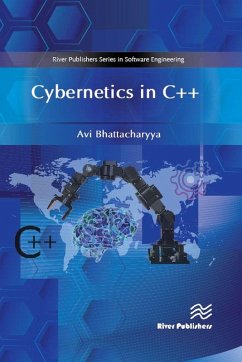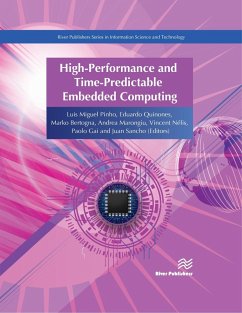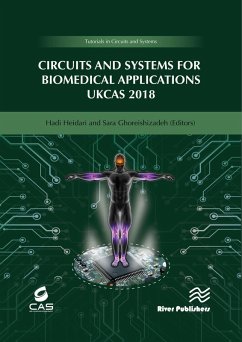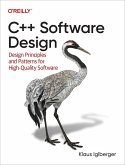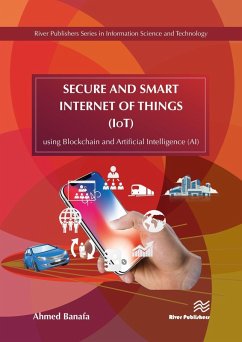C++ is a powerful, much sought after programming language, but can be daunting to work with, even for engineering professionals. Why is this book so useful? Have you ever wondered:- How do keywords like static and virtual change their meanings according to context?- What are the similarities and differences between Pointers and References, Pointers and Arrays, Constructors and Copy Constructors, Nested and Local Inner Classes?- Why is Multiple Interface Inheritance seen to be beautiful but Multiple Implementation Inheritance considered evil?- When is Polymorphism Static or Dynamic, Bounded or Unbounded?Answers on these questions, and much more, are explained in this book, Cybernetics in C++. What makes this text so different and appealing in comparison to existing books on the market?- The bulleted style, as opposed to prose, produces results much faster, both in learning and reference- "e;Rules of Thumb"e;, and further expert tips are given throughout in how to optimize your code- The "e;Prospective Evils"e; sections tell you what to avoid- The thorough coverage ensures you will be trained to expert level in each of Imperative, Procedural, Memory & Resource Management, Object Oriented and Generic ProgrammingCybernetics in C++ combines a theoretical overview and practical approach in one book, which should prove to be a useful reference for computer scientists, software programmers, engineers and students in this and related field.Topics include: C++, Computer Programming, Software Languages, Object Oriented Programming, Imperative Programming, Procedural Programming, and Generic Programming
Dieser Download kann aus rechtlichen Gründen nur mit Rechnungsadresse in A, B, BG, CY, CZ, D, DK, EW, E, FIN, F, GR, HR, H, IRL, I, LT, L, LR, M, NL, PL, P, R, S, SLO, SK ausgeliefert werden.

